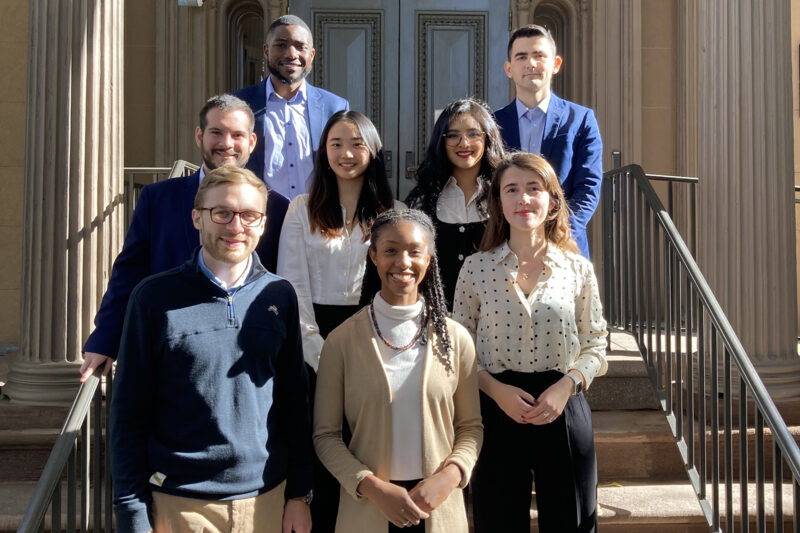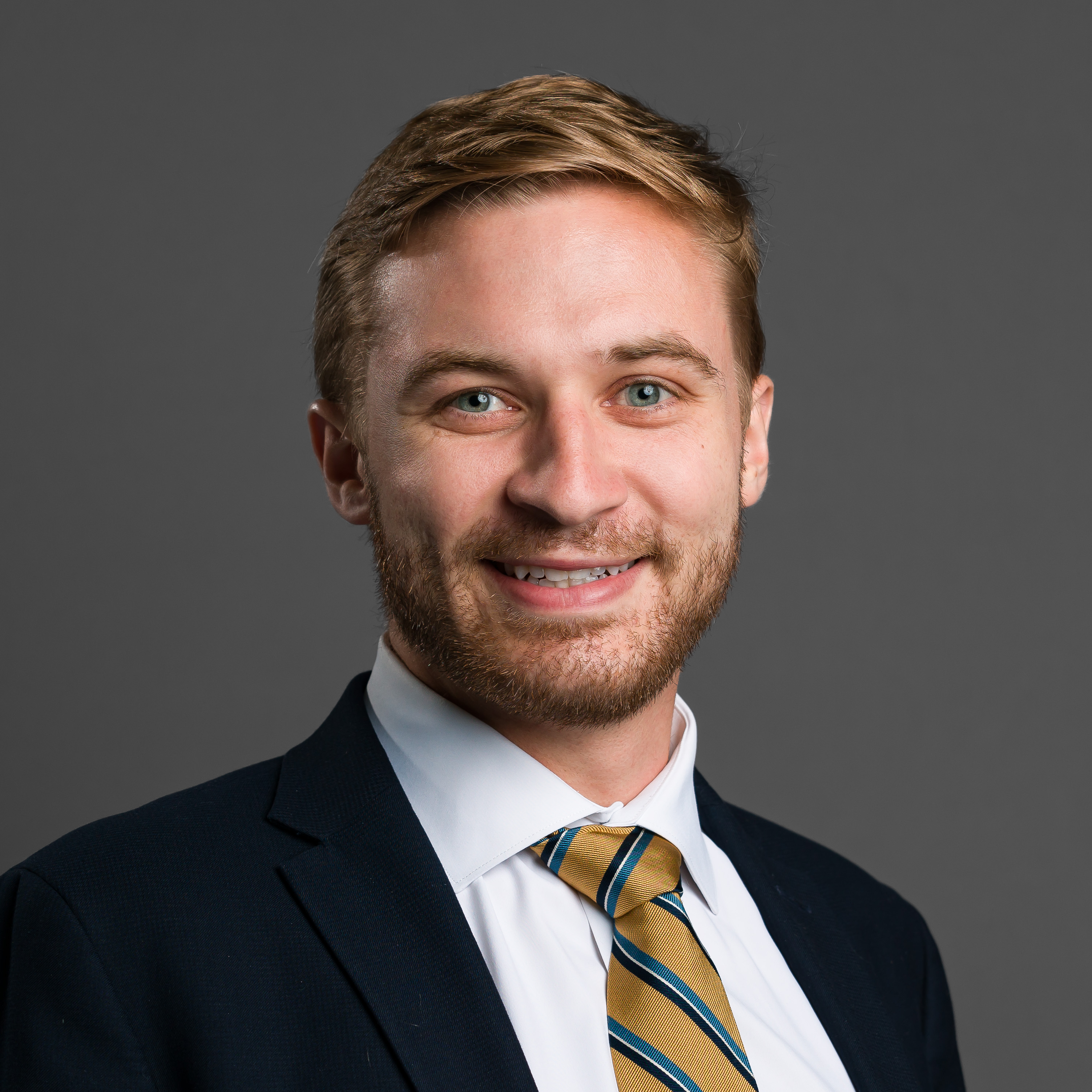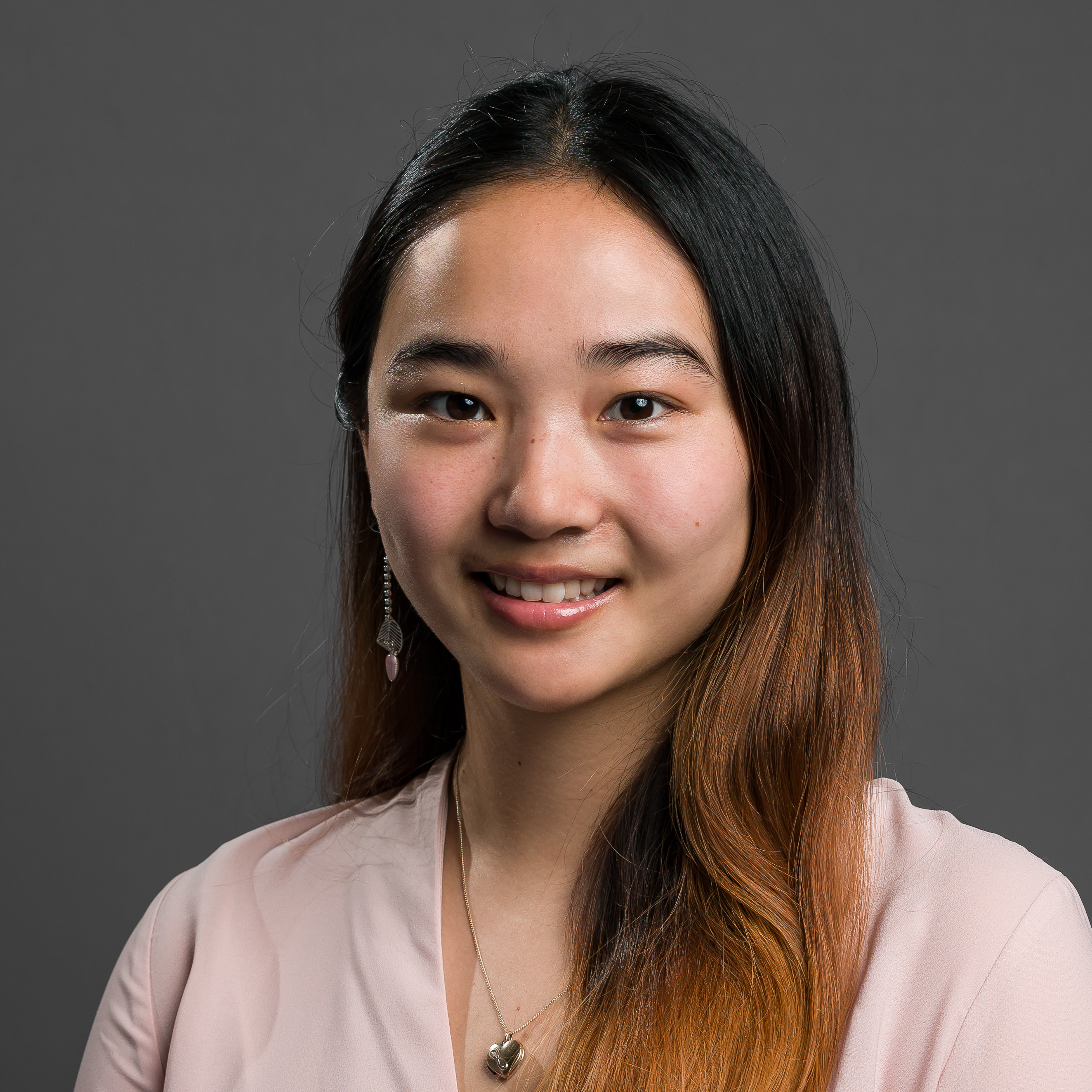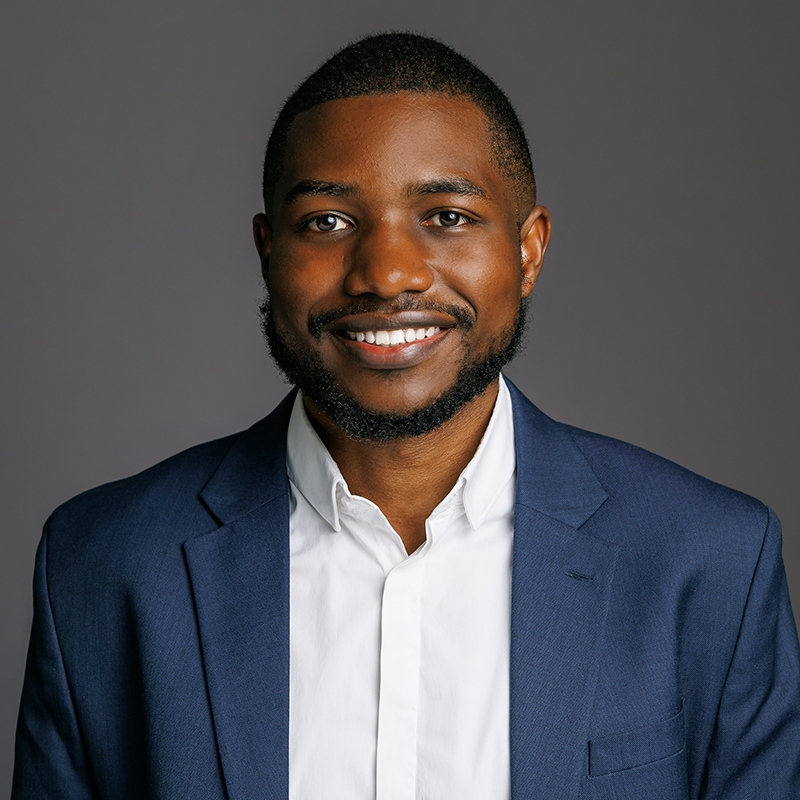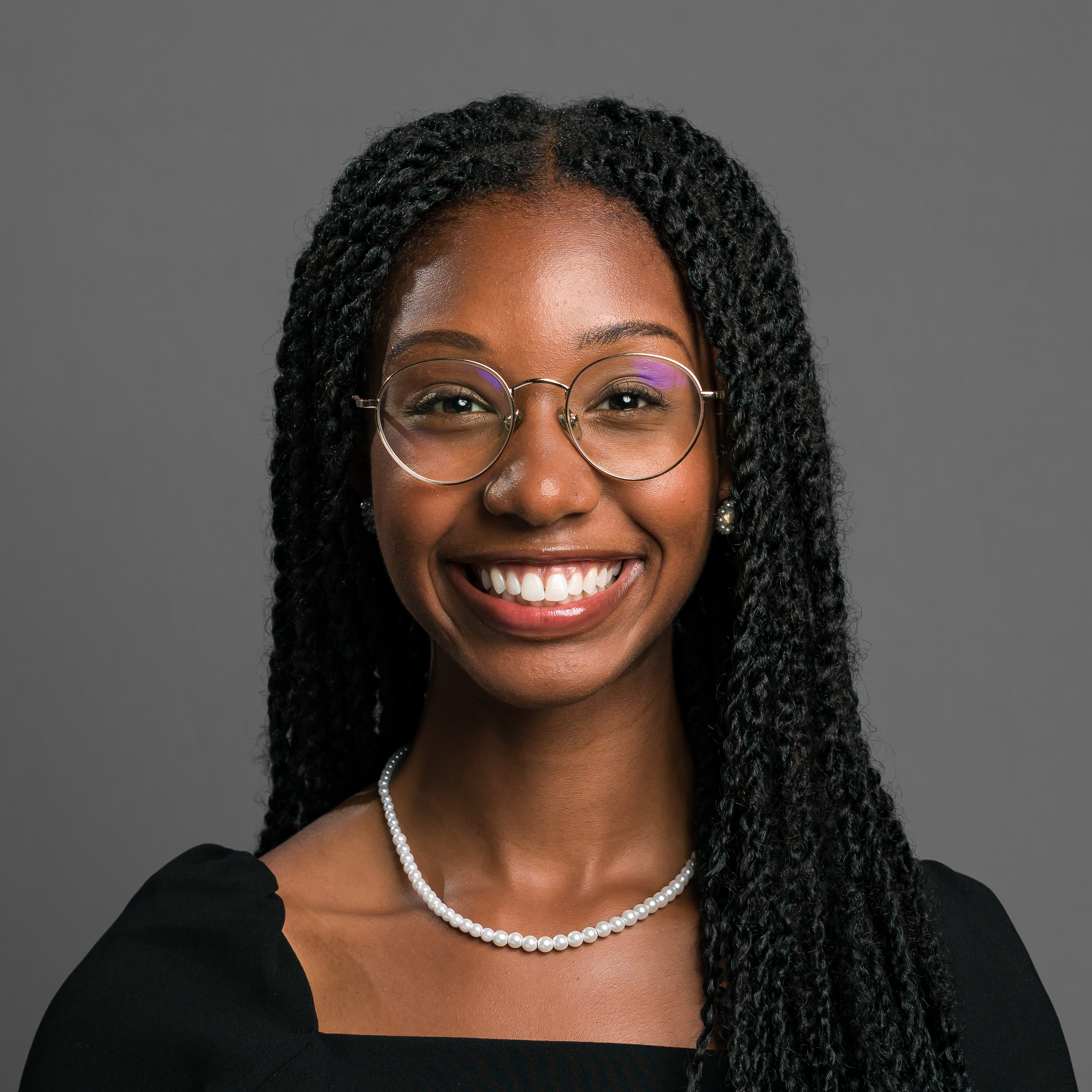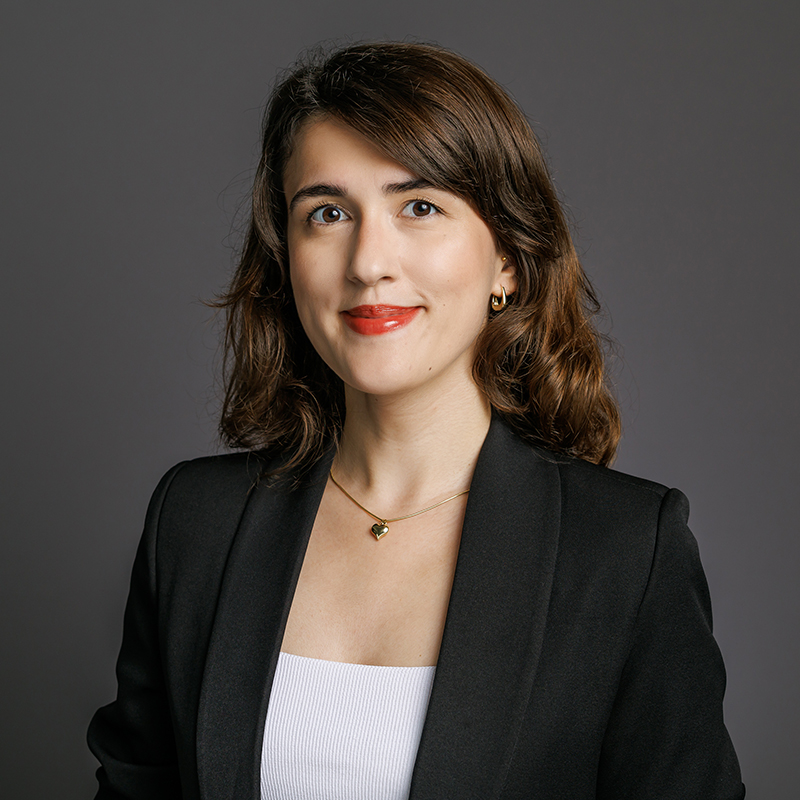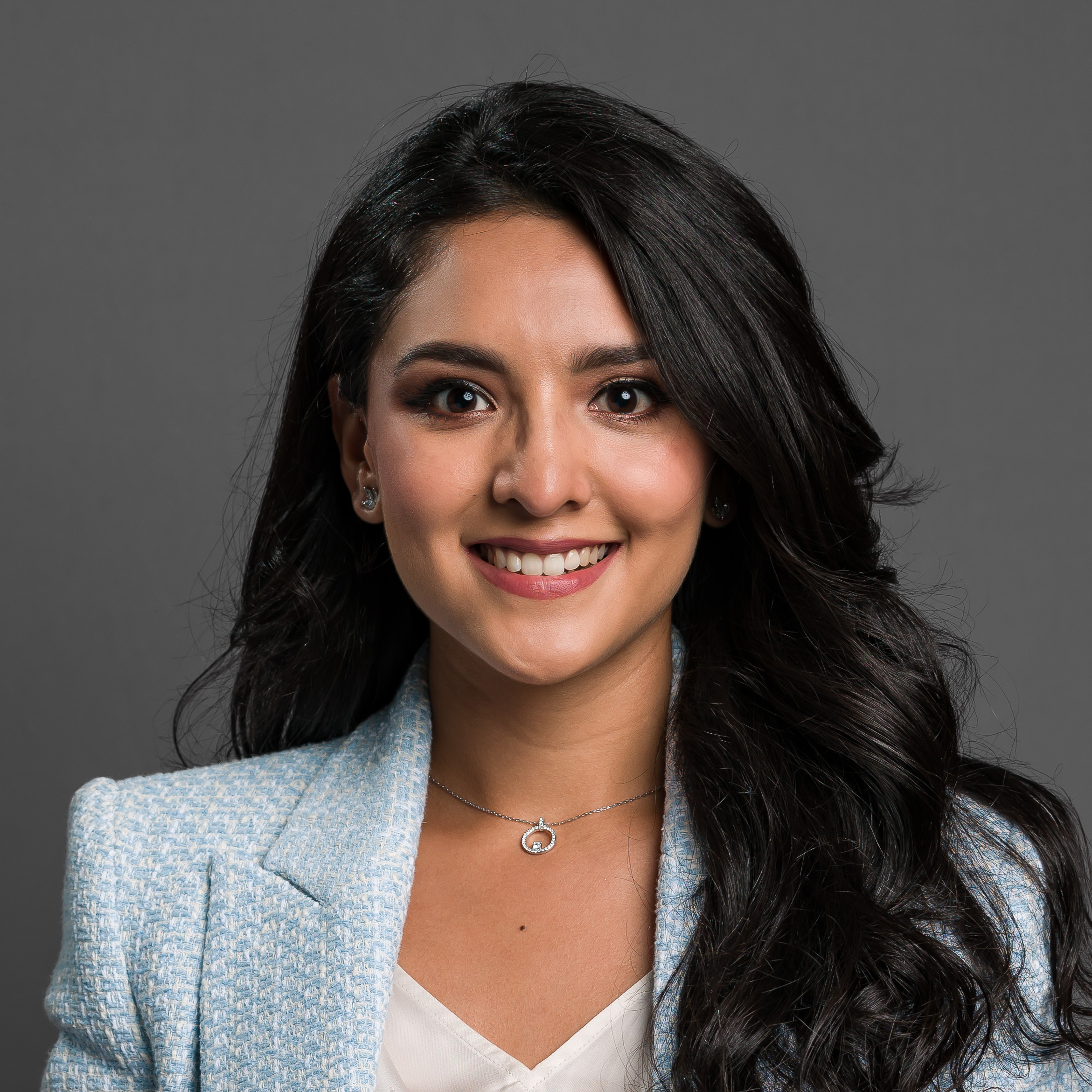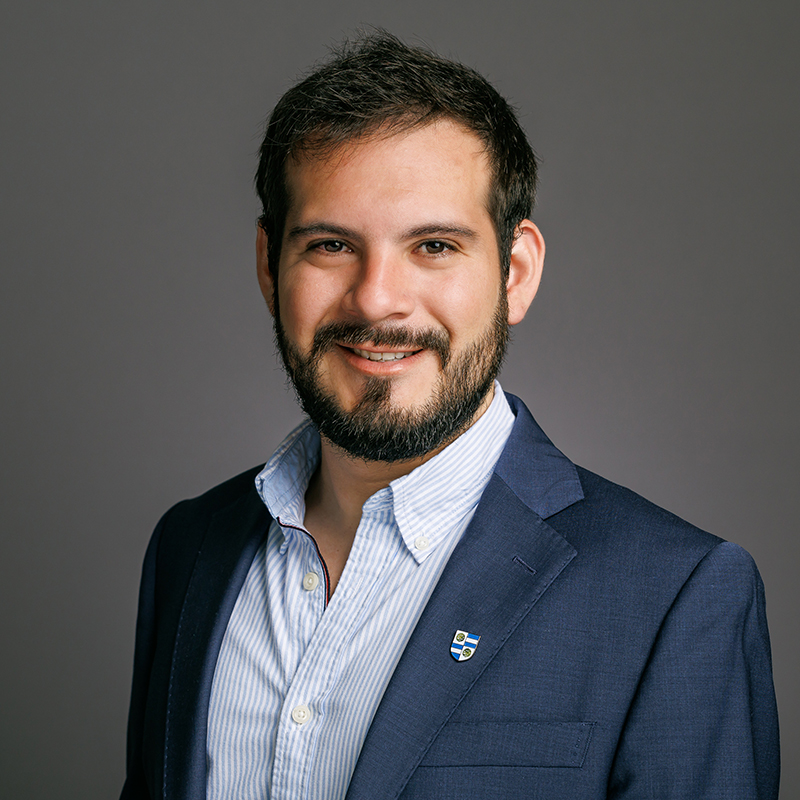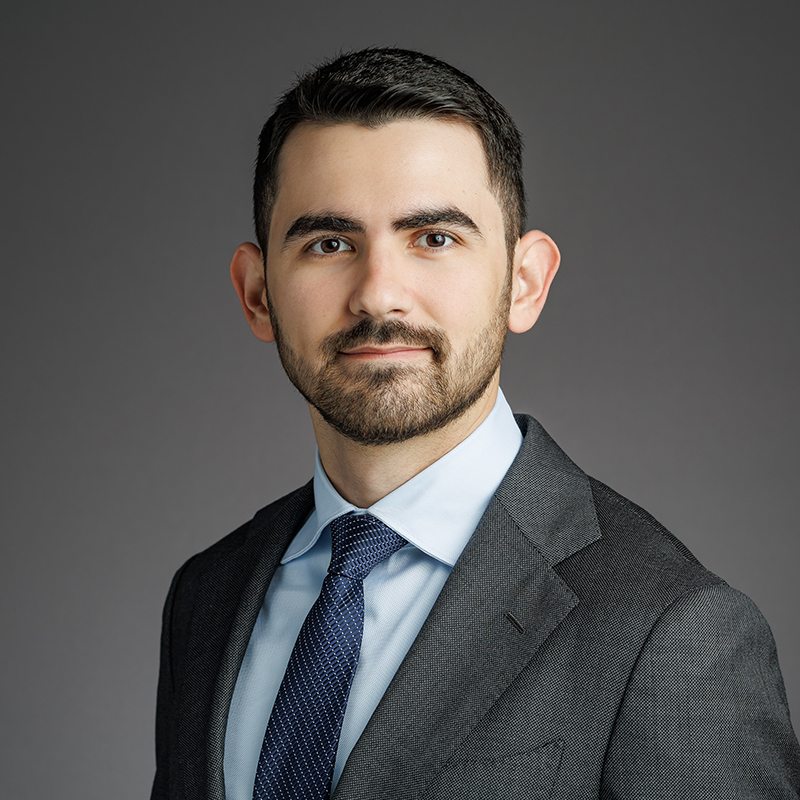Nine Jackson School students have been named Kerry Fellows for the 2023-2024 academic year.
The Jackson students are among 18 students selected this year.
Part of the Kerry Initiative founded by Special Presidential Envoy for Climate Change and the 68th US Secretary of State John Kerry YC ’66, the Fellows collaborate with U.S. policy-makers on leading-edge research and high-profile publications for a global audience touching on issues from the global environment to democracy and technology.
The Jackson School graduate students include:
Alexander Casendino, Joyce Guo, Didace Irafasha, Nia Kamau, Öznur Öztürk, María José Ramírez Rosaslanda, Juan Luis Salinas, Steve Scheffert (not pictured) and Khamza Sharifzoda.
At Yale, Joyce has held positions as a Teaching Fellow for two undergraduate statistics courses and a graduate ethics course. Additionally, she serves as a research lead at the Yale Foreign Policy Initiative, specifically concentrating on analyzing the impacts of U.S.-China AI competition on global energy consumption. Before joining Yale, Joyce spent over three years at the Boston Consulting Group (BCG) in Australia and Canada, offering strategic advice to clients across various industries, including the public sector, consumer, energy, infrastructure, and financial services. Joyce graduated with first-class honors from The University of Melbourne in 2018, majoring in economics and finance.
Didace Bienvenu Irafasha is an MPP Candidate from Rwanda at the Yale Jackson School of Global Affairs. Prior to joining Yale, Didace worked as a trainee in the United Nations system, namely the United Nations Development Programme (UNDP), the International Fund for Agricultural Development (IFAD), and the Permanent Mission of Rwanda to the United Nations. He worked on a range of international development topics, including analyzing sustainable procurement policies at UNDP, researching the financing of youth employment and green-skills development in developing countries while at IFAD, as well as reporting on Rwanda’s Nationally Determined Contributions (NDCs) and blended finance policies for climate change adaptation and mitigation.
In addition to his interest in international development, Didace also led the education and partnerships departments at an ed-tech startup in Tunisia to help students from the MENA region access world-class higher education opportunities.
During his time at Yale, Didace is looking to focus on financing policies for sustainable development, regional economic integrations, and exploring the interlinkages between education and public policy. He earned a BA in economics and political science from Columbia University. Didace is a native Kinyarwanda speaker and is fluent in French.
Prior to joining the Jackson School, Öznur gained valuable experience at UNICEF where she concentrated on humanitarian emergency response, showcasing her commitment to making a positive impact on vulnerable communities. She also served as an assistant policy advisor at the New Zealand Ministry of Foreign Affairs and Trade's embassy in Turkey, focusing on diplomacy and trade policy with a special emphasis on sustainability. Throughout her studies, Öznur actively engaged in various roles, including interning at the Turkish Parliament, where she contributed to parliamentary committees on trade and energy. As a research assistant, she participated in diverse projects and conducted independent research at the Center of Energy and Sustainable Development. Her research explored the public perception of geothermal power plants, culminating in the creation of a geothermal risk index that assessed the feasibility of installing geothermal plants using environmental, social, economic, and political indicators. Moreover, Öznur is the recipient of the Fulbright fellowship in the area of energy policy as a strong indicator of her dedication and passion to make positive contribution.
With a versatile background, Juan Luis boasts valuable experience in various fields and countries. In politics, he recently worked at the Liberal Party of Canada, coordinating the involvement of Federal Ministers in partisan political events and fundraisers. Before that, he established a political consultancy firm in Peru, where he directed and advised on political campaigns, leading to the election of a congresswoman.
In international development, Juan Luis worked as an economic development consultant for three years. During this time, he worked extensively with diverse groups of small and indigenous producers in Peru, Ecuador, and Brazil. His projects focused on crafting commercial strategies to bolster their income, enhance livelihoods, and foster sustainable growth. Finally, in government, he worked for the Prime Minister's Office for Reconstructing the Peruvian North and for the Ministry of Industry.
Originally from Peru, he holds a bachelor's degree in business from Universidad del Pacífico and a master's degree in political science and international relations from Pontificia Universidad Católica del Perú, where he earned the top position in his class.
Khamza was born in Tajikistan but later immigrated to the United States. He speaks Russian, Farsi, Spanish, and Turkish. He holds a bachelor’s degree in political science from Nazarbayev University and a master’s degree in Eastern European, Russian, and Eurasian Studies from Georgetown University’s School of Foreign Service.
After graduation from Yale, Khamza intends to continue his career with a focus on emerging/frontier markets and debt restructuring, leveraging his regional expertise and strong macroeconomics background.
